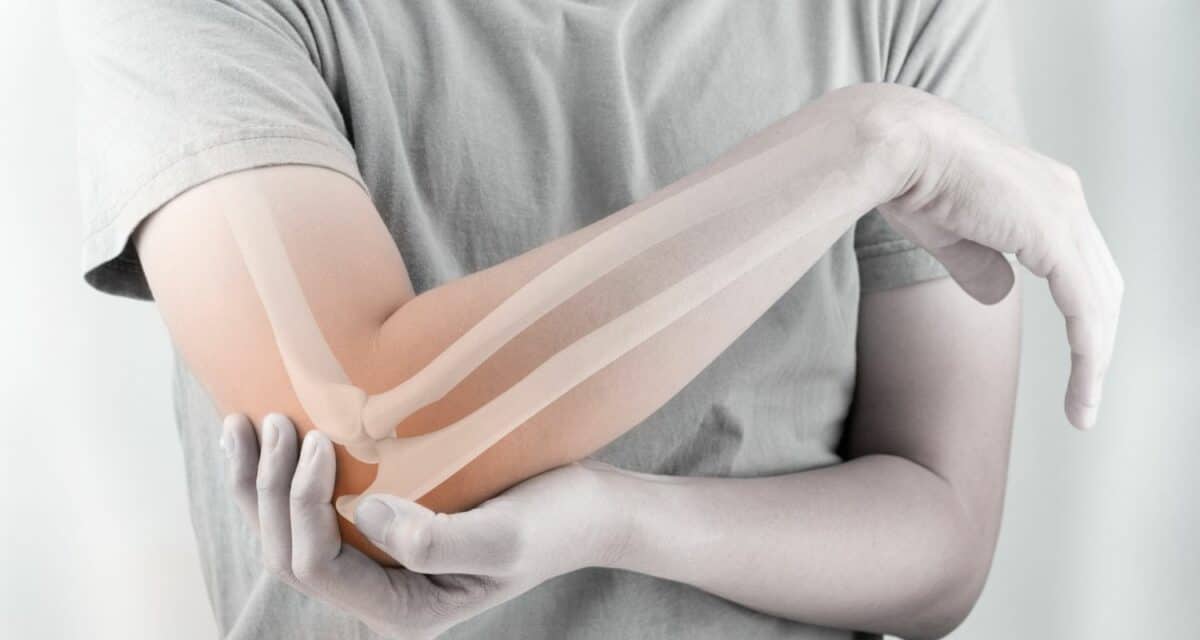We often take our hearing for granted when we can hear well. We fail to take precautions against hearing loss or acknowledge the threats to our hearing health.
A bone condition is one concern of hearing health. Did you realize that abrupt hearing loss and osteoporosis are related? Although the link between the two may not be immediately apparent, new research has shown that osteoporosis raises the chance of abrupt sensorineural hearing loss.
A bone disease
Osteoporosis, sometimes known as “porous bones,” affects over 54 million Americans. This is a bone-damaging degenerative illness. The body either stops creating enough bone cells, or the bones cease developing as the disease worsens.
Your bones will grow less dense, and when seen under a microscope, holes will be apparent. You’re far more prone to suffer from a fractured bone or a bone fracture as the bones weaken with time. A bump could cause you to shatter a bone. You are also more prone to lose your balance or fall and get injured since your bones aren’t as robust.
Hearing Loss and Osteoporosis
A 2015 Taiwanese study analyzed health information from over one million individuals and evaluated hearing loss between those with and without osteoporosis. They found that those who had osteoporosis had a roughly twofold increased risk of hearing loss compared to those who did not!
The same outcomes were discovered in a related 2018 study published in The Journal of Clinical Endocrinology & Metabolism. These Korean researchers investigated the prevalence of hearing loss in persons with and without osteoporosis. When researchers examined data from more than 65,000 persons aged 50 or older, they discovered that osteoporosis was a risk factor for hearing loss. Compared to people with healthy bones, those with this degenerative bone condition are around 40% more likely to have sudden sensorineural hearing loss.
Age, Osteoporosis, and Sudden Hearing Loss
Older persons are more likely than younger ones to have sudden sensorineural hearing loss if they have osteoporosis. Since osteoporosis is a degenerative condition, it worsens with time. As people age, their risks of developing hearing loss would likewise rise. Those over 50 are more prone than younger adults to endure unexpected hearing loss.
Women only experience this tendency as they age; those over 60 have a higher risk of osteoporosis than those under 60.
How can osteoporosis lead to a sudden loss of hearing?
According to research from Taiwan and Korea, osteoporosis patients are more likely to have sudden hearing loss.
How, therefore, are these two ailments related? It’s believed by some experts to be brought on by inflammation. Osteoporosis often causes inflammation, and when this inflammation occurs in or close to the ear, it may swiftly harm the sensitive inner ear cells and cause an abrupt loss of hearing.
Another hypothesis is that heart health is impacted by osteoporosis. Oxygenated blood is not pumped throughout the body if heart health is impaired. This irregular blood flow damages the ear’s cells, which may lead to acute sensorineural hearing loss.
Keep an eye on osteoporosis.
Keep an eye on your bone health and use extra caution to prevent future harm. Ask your doctor to do a bone density test if you recently broke or fractured a bone to see if you may have osteoporosis. Your doctor will keep an eye on your heart health in addition to your bone health.
How to Manage Hearing Loss
Have one or both of your ears started to lose their hearing suddenly? Discuss it with your doctor as soon as possible since this may indicate osteoporosis.
See us for a hearing test to determine if your unexpected hearing loss is permanent. Any symptoms of an ailment, injury, infection, or inflammation that could have contributed to the sudden hearing loss will be examined. If your hearing loss is permanent, we’ll locate the best hearing aids to help you regain full hearing, preserve your quality of life while you learn to navigate the world after a sudden hearing loss and help you stay connected to those around you.

